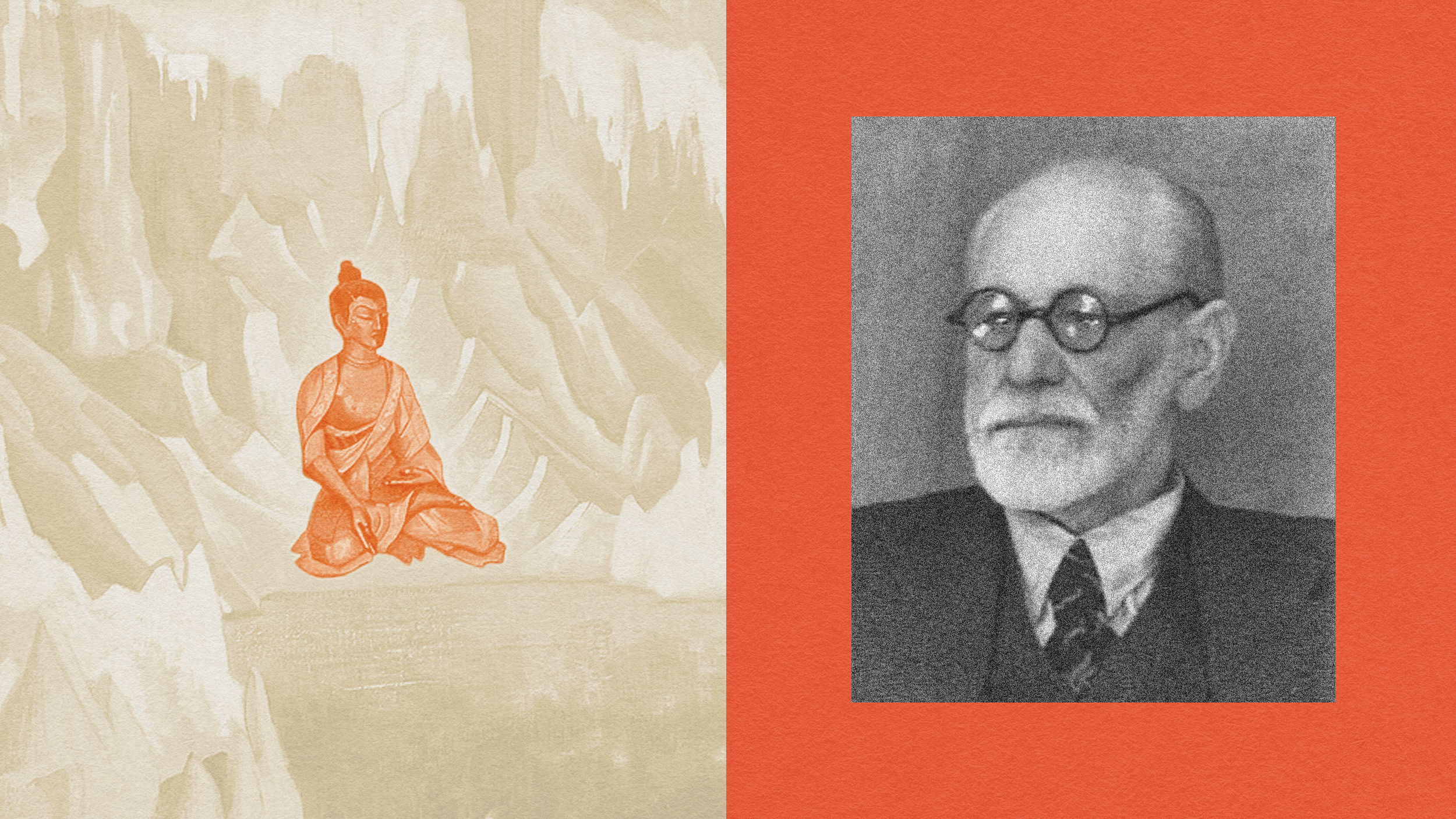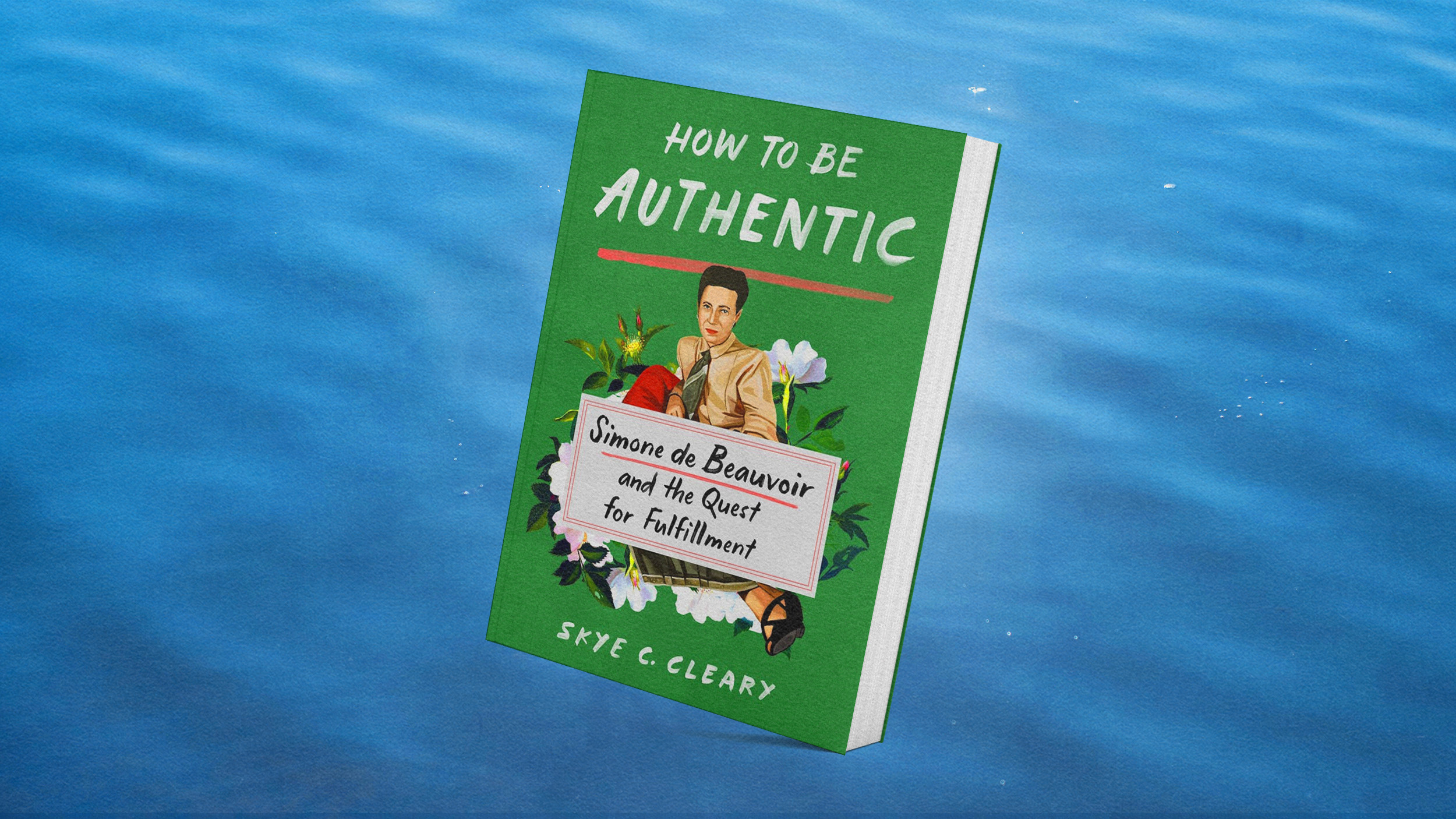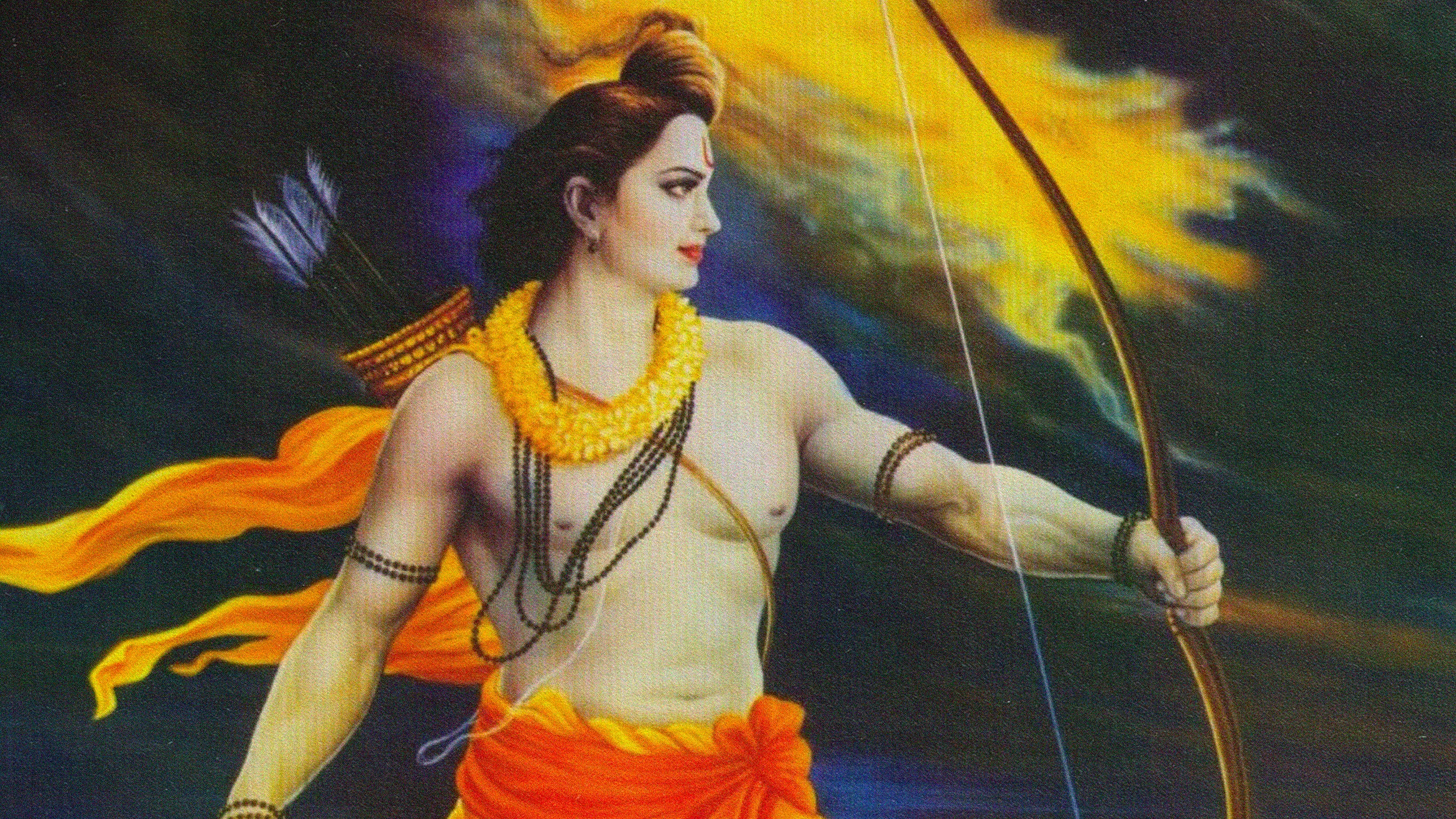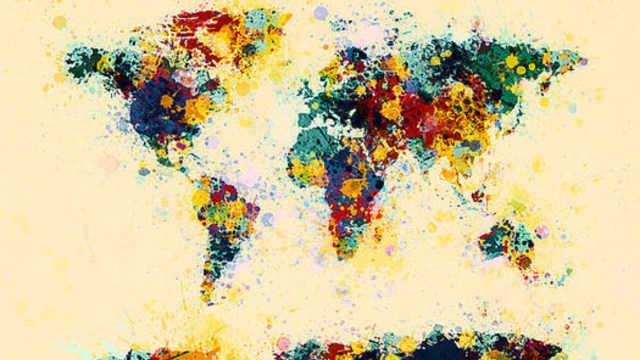10 Krishnamurti quotes on the meaning of life
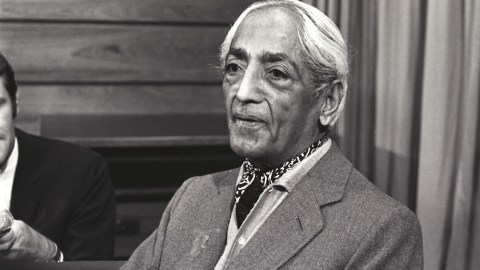
Indian philosopher Jiddu Krishnamurti arrived in Sydney, 14 November 1970. Image source: Fairfax Media via Getty Images)
- The Indian philosopher taught that concepts get in the way of observation, and only by ridding yourself of concepts can you experience freedom.
- Reared to be a Theosophist leader, Krishnamurti rejected that system (along with all others) in formulating his outlook.
- His books touch upon topics such as education reform, physics, and meditation.
Of all the philosophers on my bookshelves, Jiddu Krishnamurti might be the hardest to implement. Born in India in 1895, he was initially groomed to be a “world teacher” in the Theosophical tradition, reared under British socialist Annie Besant, who in turn was trained under the cult’s founder, Helena Blavatsky. Though owing his oratory powerful style in this tradition, he eventually rejected Theosophy, along with every other system created by man. Observation, not prejudgement, is a recurring theme in his talks, pointing to a path to understanding meaning — if meaning is even to be derived.
Following a transformative experience in Ojai in 1922 — some claim it to have been a possession or spiritual occurrence, others the result of an illness that he emerged from — Krishnamurti effectively mimicked the path Gotama had taken in achieving Buddhahood: reject all teachers for the wisdom of the experience. Yet even “self” is a debated topic in his many books and lectures over the next six decades until his death in Ojai in 1986. (I highly recommend visiting his center there, simply to gaze out into the beauty of the Ojai valley.)
Reading Krishnamurti, as mentioned, is no easy task. Many of his directives require a complete overhaul of how we view and live through reality. As demanding as he comes across on the page, he demanded much of his own mind. He openly discussed and debated with mystics, psychotherapists, and physicists in an attempt to encourage collaborative disciplines. All paths, he felt, describe one reality.
Krishnamurti’s books are sometimes best read as koans, insights for further thought and internal debate. No worthwhile achievement is easily won. The man taught us to grapple with the contradictions in nature as well as our own minds, the highest form of intelligence.
Why are you here? | J. Krishnamurti
“That is the first thing to learn — not to seek. When you seek you are really only window shopping.” (Freedom From the Known)
“It is man’s pretense that because he has choice he is free. Freedom is pure observation without direction, without fear of punishment and reward. Freedom is without motive; freedom is not at the end of the evolution of man but lies in the first step of his existence.” (Public talk in Ojai, April 1980)
“If you escape from the battle, you have not understood the battle. The battle is you.” (The Awakening of Intelligence)
“Freedom comes with self-knowledge, when the mind goes above and beyond the hindrances it has created for itself through craving its own security… Freedom is at the beginning, it is not something to be gained at the end.” (Education & the Significance of Life)
“One is never afraid of the unknown; one is afraid to the known coming to an end.” (Fearless Soul)

Indian philosopher Jiddu Krishnamurti arrived in Sydney, 14 November 1970. Photo credit: Fairfax Media via Getty Images
“Freedom and love go together. Love is not a reaction. If I love you because you love me, that is mere trade, a thing to be bought in the market; it is not love. To love is not to ask anything in return, not even to feel that you are giving something — and it is only such love that can know freedom.” (Think on These Things)
“When we look at what is taking place in the world we begin to understand that there is no outer and inner process; there is only one unitary process, it is a whole, total movement, the inner movement expressing itself as the outer and the outer reacting against the inner… Nobody need tell you how to look. You just look.” (Freedom From the Known)
“Education in the true sense is helping the individual to be mature and free, to flower greatly in love and goodness. That is what we should be interested in, and not in shaping the child according to some idealistic pattern.” (Education & the Significance of Life)
“When you call yourself an Indian or a Muslim or a Christian or a European, or anything else, you are being violent. Do you see why it is violent? Because you are separating yourself from the rest of mankind. When you separate yourself by belief, by nationality, by tradition, it breeds violence. So a man who is seeking to understand violence does not belong to any country, to any religion, to any political party or partial system; he is concerned with the total understanding of mankind.” (Krishnamurti: Reflections on the Self)
“Sacredness is a fetish.” (The Awakening of Intelligence)
—
Stay in touch with Derek on Twitter and Facebook.

